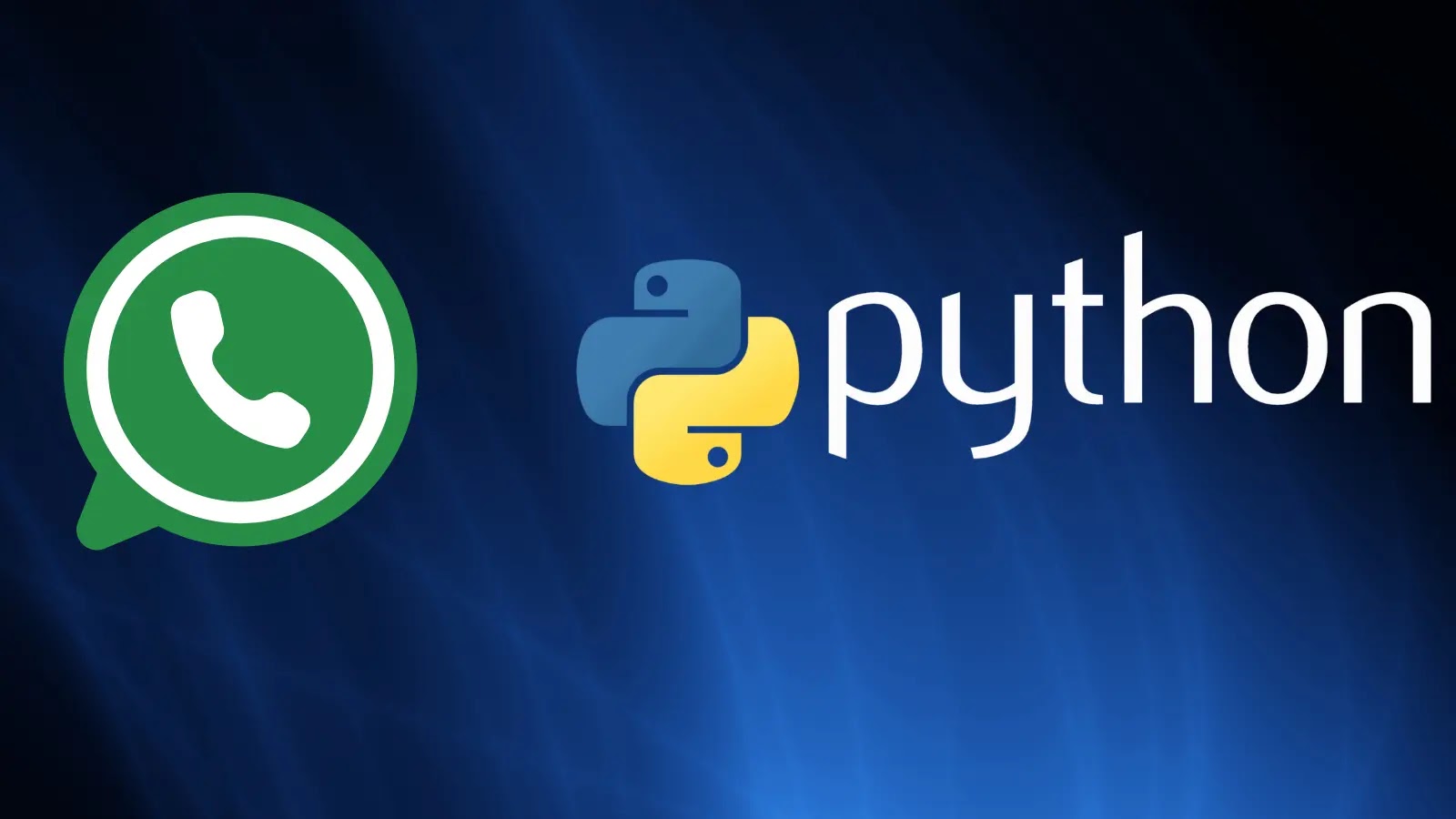
WhatsApp Desktop Users At Risk of Code Execution Attacks with Python on Windows PCs
Unpacking the WhatsApp Desktop Code Execution Threat
A significant security flaw has emerged, placing WhatsApp Desktop users on Windows PCs at risk of arbitrary code execution. This vulnerability, particularly concerning for those with Python installed on their systems, leverages a cunning manipulation of how the application handles Python archive files. An attacker could gain complete control over a victim’s system with a single click, underscoring the critical need for awareness and swift remediation.
The Mechanics of the Attack: Python Archive Exploitation
The core of this vulnerability lies in WhatsApp Desktop’s insufficient handling of Python archive files, specifically those with a .pyz extension. These files are typically self-contained Python applications, and if crafted maliciously, they can be designed to execute arbitrary code when processed by a vulnerable application. In this scenario, WhatsApp Desktop, presumably during file preview, download, or interaction, processes these .pyz files in a way that allows the embedded malicious script to run.
For the attack to succeed, the victim’s Windows PC must have Python installed. This is a common prerequisite for developers, data scientists, and numerous IT professionals, making a substantial segment of the user base vulnerable. Once the malicious .pyz file is activated—potentially through a deceptive message or file transfer—the embedded payload executes, granting the attacker full control over the compromised system. This level of access enables data theft, further malware deployment, and system manipulation.
Understanding the Impact: Full System Compromise
The implications of this code execution vulnerability are severe. An attacker gaining “full control” signifies root-level access or equivalent administrative privileges on the victim’s machine. With such control, malicious actors can:
- Exfiltrate Sensitive Data: Access and steal personal documents, financial information, login credentials, and other confidential data stored on the PC.
- Install Additional Malware: Deploy ransomware, keyloggers, remote access Trojans (RATs), or other persistent threats.
- Manipulate System Configurations: Alter security settings, create backdoor accounts, or disable vital security software.
- Lateral Movement: Use the compromised PC as a pivot point to attack other systems within a network, particularly in corporate environments.
It’s crucial to note that as of the available information, Meta has yet to classify or officially acknowledge this flaw with a dedicated CVE (Common Vulnerabilities and Exposures) identifier. The absence of a unique CVE number for this specific vulnerability from the official source (Cyber Security News) means we cannot directly link to a specific CVE entry at this time. However, the nature of the flaw strongly suggests it represents a significant security oversight.
Remediation Actions: Protecting Your System
While an official patch from Meta is the ultimate solution, users can take several proactive steps to mitigate their risk:
- Disable Automatic Media Download: Configure WhatsApp Desktop settings to prevent automatic download of any media or file types. Manually review and approve all downloads, especially from unknown contacts.
- Exercise Extreme Caution with Attachments: Never open or click on suspicious files received via WhatsApp, particularly those with unusual extensions (like
.pyz) or from unverified sources. If unsure, verify with the sender through an alternative communication channel. - Isolate Python Environments: For developers or users who require Python, consider using virtual environments (e.g.,
venvorconda) or containerization (e.g., Docker) to isolate Python installations and their dependencies, limiting the blast radius of a potential compromise. - Maintain Up-to-Date Security Software: Ensure your anti-malware and endpoint detection and response (EDR) solutions are always updated and actively scanning for threats.
- Implement Least Privilege: Run WhatsApp Desktop and other applications with the lowest necessary user privileges to restrict what an attacker can do if they manage to execute code.
- Regular Backups: Maintain regular, off-site backups of critical data to facilitate recovery in the event of a successful attack.
Tools for Detection and Mitigation
While direct detection of this specific .pyz vulnerability might require a patch, general cybersecurity tools can help in overall system hardening and post-exploitation detection.
| Tool Name | Purpose | Link |
|---|---|---|
| Virustotal | Online service for analyzing suspicious files and URLs. | Virustotal |
| ClamAV | Open-source antivirus engine for detecting Trojans, viruses, malware & other malicious threats. | ClamAV |
| Sysinternals Process Explorer | Advanced task manager to monitor running processes and their loaded DLLs. | Process Explorer |
| Firewall (Windows Defender Firewall) | Monitors and controls incoming and outgoing network traffic. | Windows Defender Firewall Info |
Conclusion
The reported arbitrary code execution vulnerability affecting WhatsApp Desktop users on Windows PCs, particularly those with Python installed, highlights a critical security concern. The ability for an attacker to gain full system control via a maliciously crafted .pyz file underscores the persistent threat of supply chain vulnerabilities and the importance of secure application design. Until a definitive patch is released, user vigilance, strict file handling practices, and adherence to robust cybersecurity hygiene are paramount in protecting systems from this insidious threat. System administrators and individual users alike must remain informed and proactive in securing their digital environments.





